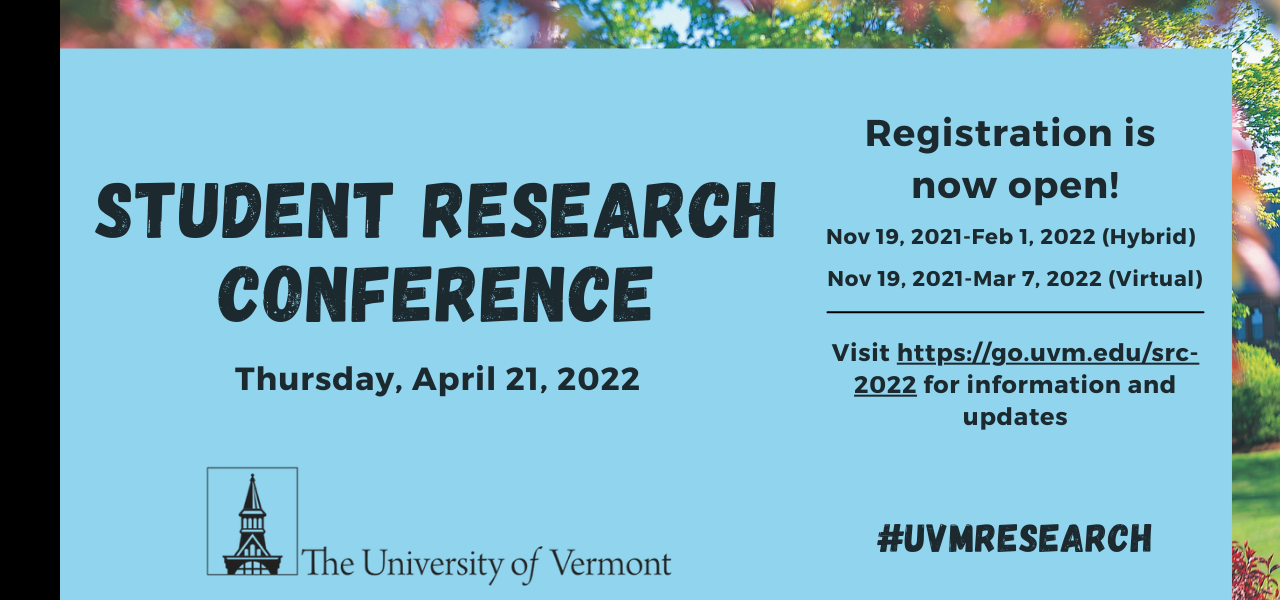Pollinator Response to Land Use Change and Climate Change in Vermont
Conference Year
January 2022
Abstract
Pollinators are essential to human health and play a crucial role in our food systems. My research is focused on how native bees in Vermont are responding to land use change, climate change, and natural disturbances. Over the summer, I collected samples of native bees at various agricultural sites at the Intervale Center in Burlington, Vermont in order to characterize the community composition. Using this data and data collected over the past decade at the Intervale Center, I will analyze long term changes in the pollinator community composition to understand how anthropogenic and climatic changes are impacting native pollinators.
Primary Faculty Mentor Name
Taylor Ricketts
Faculty/Staff Collaborators
Jason Mazurowski
Status
Undergraduate
Student College
Rubenstein School of Environmental and Natural Resources
Program/Major
Natural Resources
Primary Research Category
Food & Environment Studies
Pollinator Response to Land Use Change and Climate Change in Vermont
Pollinators are essential to human health and play a crucial role in our food systems. My research is focused on how native bees in Vermont are responding to land use change, climate change, and natural disturbances. Over the summer, I collected samples of native bees at various agricultural sites at the Intervale Center in Burlington, Vermont in order to characterize the community composition. Using this data and data collected over the past decade at the Intervale Center, I will analyze long term changes in the pollinator community composition to understand how anthropogenic and climatic changes are impacting native pollinators.


